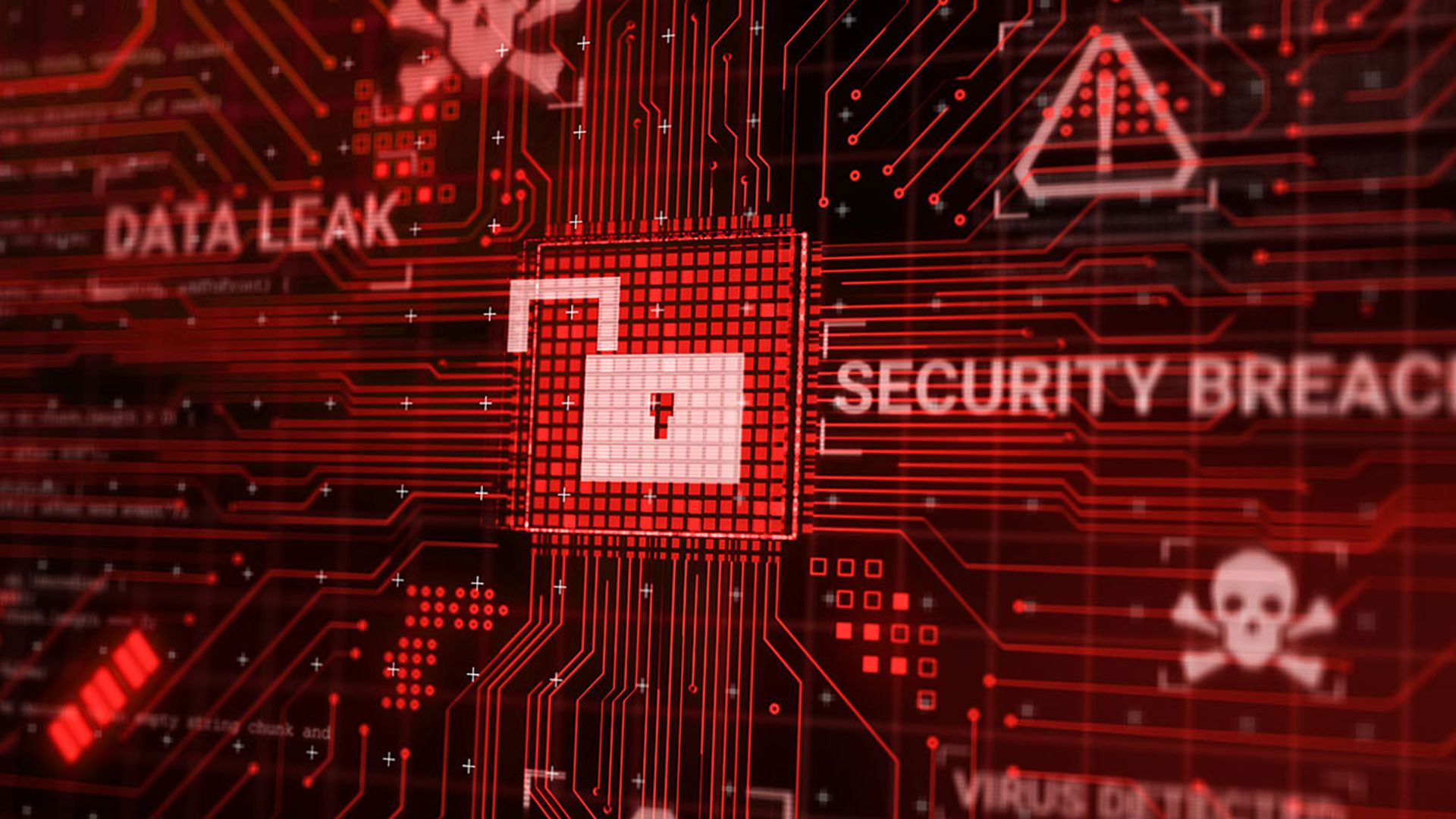A coalition of technology organizations and vendors has asked a federal appeals court to reject a lawsuit that adware maker Zango has continued to pursue against Kaspersky Lab, accusing the anti-virus firm of unfairly blocking user access to its services.
In a "friend of the court" brief filed this week, the group argued that allowing the lawsuit to continue would hurt consumers as well as vendors in the security software market.
This is the latest salvo in what has become a year-long battle between Zango, which develops software that delivers pop-up ads and tracks users' activities for online marketers, and Kaspersky. Zango originally sued Kaspersky in May, 2007, claiming that Kaspersky obstructed its business practices by removing its adware without first prompting users.
The judge assigned to that case threw the lawsuit out of court in August, indicating that the federal Communications Decency Act (CDA) shielded Kaspersky's actions. That law's "good Samaritan" clause gives security services companies such as Kaspersky protection against liability for reasonable attempts to block objectionable material such as pop-up ads, the judge ruled.
Zango earlier this year appealed to the 9th U.S. Circuit Court of Appeals to reverse that decision. It called Kaspersky's software "badware" because it disabled Zango's software without customer's consent or the ability to override Kaspersky's actions.
An organization that includes many of America's largest companies is backing Zango in its lawsuit. The National Business Coalition on E-Commerce and Privacy, which lists Bank of America, Charles Schwab, Eastman Kodak, Fidelity Investments and General Motors as members, filed a “friend of the court" brief in support of Zango in April.
Meanwhile, the coalition of technology groups asked the appeals court to preserve the lower court ruling in Kaspersky's favor. Signers of the brief include the Business Software Alliance, the Electronic Frontier Foundation, the Center for Democracy & Technology (CDT) and anti-malware vendors McAfee and Sunbelt Software.
"The case is extremely important for computer security because it addresses the question of liability of security vendors for trying to flag software that may be of concern to users," Ari Schwartz, CDT's vice president and chief operating officer, told SCMagazineUS.com on Tuesday. "The lower court ruled that the burden is not on the security company; if that were to be overruled, security companies could find themselves in court more often and security companies would likely be less willing to flag software of adware and other companies that would be likely to sue them."
Zango's claims that Kaspersky's software removes its adware without prompting users are without merit, Eric Howes, director of malware research for Sunbelt Software, told SCMagazineUS.com. "They claim that Kaspersky is removing their software against the will of users -- that users have no choice.
"I don't know how they came up with this claim," he added. "I've run Kaspersky's anti-virus software for several years, and while it's possible to configure the application to automatically remove adware, Kaspersky, by default pops up a warning" before it deletes any software.
Zango responded to SCMagazineUS.com's request for comment by referring to its own brief, in addition to one from the the National Business Coalition on E-Commerce and Privacy.
This case is not the first time Zango, formerly known as 180Solutions, has been involved in an anti-adware dispute. In 2006, the Federal Trade Commission accused Zango of offering customers free web content, such as screen savers, games and peer-to-peer file-sharing software, without telling them it also contained adware provided by third-party affiliates that allegedly monitored the consumers' browsing habits to display targeted pop-up ads. Under a settlement with the FTC, Zango agreed to pay $3 million and was barred from downloading adware without users' consent.
In a "friend of the court" brief filed this week, the group argued that allowing the lawsuit to continue would hurt consumers as well as vendors in the security software market.
This is the latest salvo in what has become a year-long battle between Zango, which develops software that delivers pop-up ads and tracks users' activities for online marketers, and Kaspersky. Zango originally sued Kaspersky in May, 2007, claiming that Kaspersky obstructed its business practices by removing its adware without first prompting users.
The judge assigned to that case threw the lawsuit out of court in August, indicating that the federal Communications Decency Act (CDA) shielded Kaspersky's actions. That law's "good Samaritan" clause gives security services companies such as Kaspersky protection against liability for reasonable attempts to block objectionable material such as pop-up ads, the judge ruled.
Zango earlier this year appealed to the 9th U.S. Circuit Court of Appeals to reverse that decision. It called Kaspersky's software "badware" because it disabled Zango's software without customer's consent or the ability to override Kaspersky's actions.
An organization that includes many of America's largest companies is backing Zango in its lawsuit. The National Business Coalition on E-Commerce and Privacy, which lists Bank of America, Charles Schwab, Eastman Kodak, Fidelity Investments and General Motors as members, filed a “friend of the court" brief in support of Zango in April.
Meanwhile, the coalition of technology groups asked the appeals court to preserve the lower court ruling in Kaspersky's favor. Signers of the brief include the Business Software Alliance, the Electronic Frontier Foundation, the Center for Democracy & Technology (CDT) and anti-malware vendors McAfee and Sunbelt Software.
"The case is extremely important for computer security because it addresses the question of liability of security vendors for trying to flag software that may be of concern to users," Ari Schwartz, CDT's vice president and chief operating officer, told SCMagazineUS.com on Tuesday. "The lower court ruled that the burden is not on the security company; if that were to be overruled, security companies could find themselves in court more often and security companies would likely be less willing to flag software of adware and other companies that would be likely to sue them."
Zango's claims that Kaspersky's software removes its adware without prompting users are without merit, Eric Howes, director of malware research for Sunbelt Software, told SCMagazineUS.com. "They claim that Kaspersky is removing their software against the will of users -- that users have no choice.
"I don't know how they came up with this claim," he added. "I've run Kaspersky's anti-virus software for several years, and while it's possible to configure the application to automatically remove adware, Kaspersky, by default pops up a warning" before it deletes any software.
Zango responded to SCMagazineUS.com's request for comment by referring to its own brief, in addition to one from the the National Business Coalition on E-Commerce and Privacy.
This case is not the first time Zango, formerly known as 180Solutions, has been involved in an anti-adware dispute. In 2006, the Federal Trade Commission accused Zango of offering customers free web content, such as screen savers, games and peer-to-peer file-sharing software, without telling them it also contained adware provided by third-party affiliates that allegedly monitored the consumers' browsing habits to display targeted pop-up ads. Under a settlement with the FTC, Zango agreed to pay $3 million and was barred from downloading adware without users' consent.



